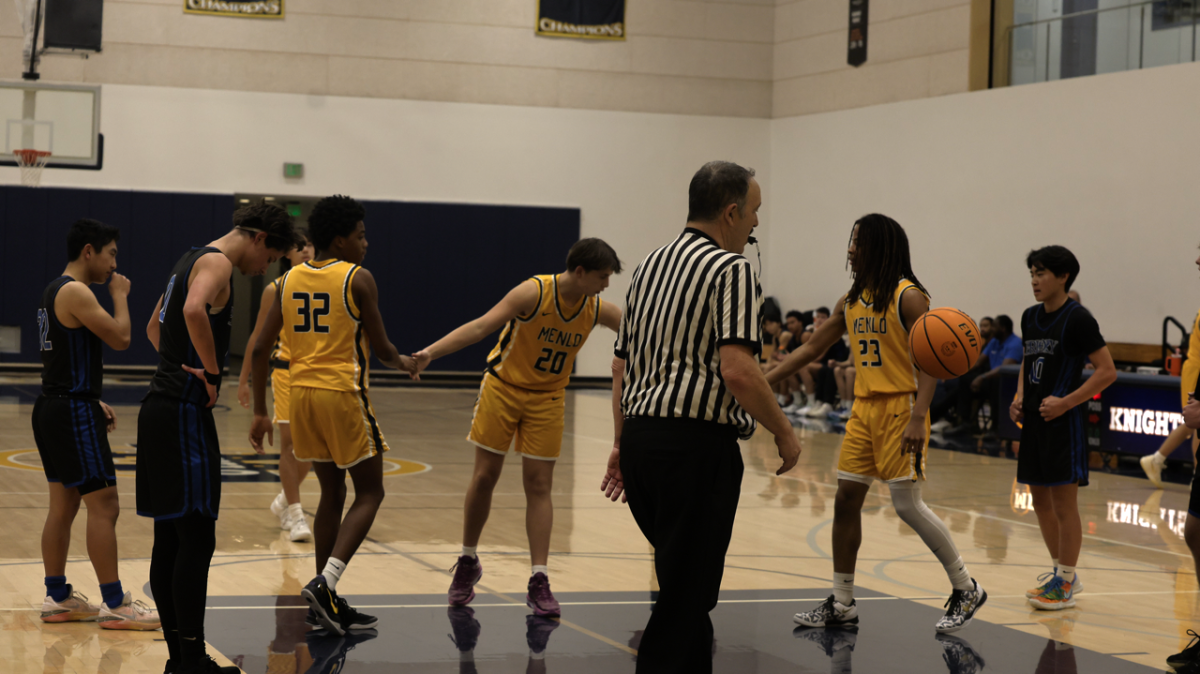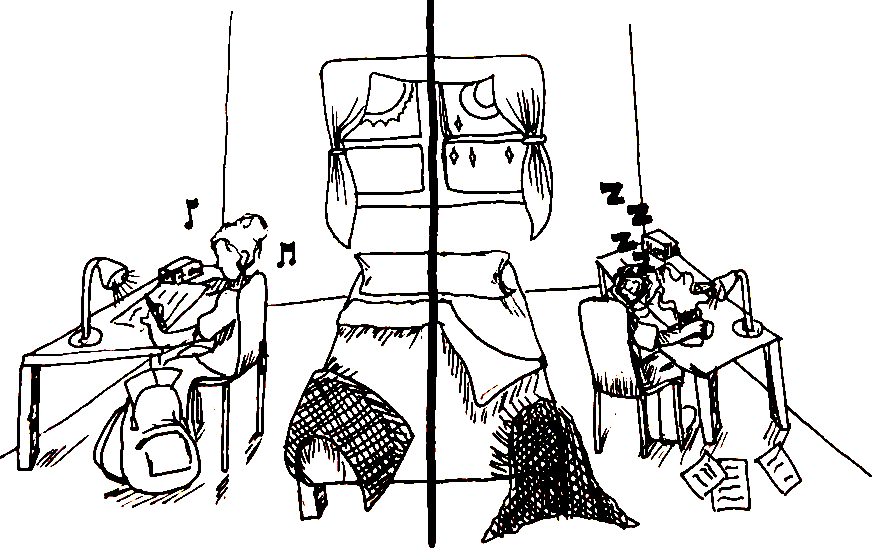My mind churned with worry as I walked around the club fair in the fall of my freshman year. Colorful posters, candy and opportunities surrounded me, yet all I could think about was a vague conception of college, and how the clubs I attended could help me get in. Disregarding my relative disinterest in STEM, would joining a robotics team appeal to admissions officers? Or would starting my own club attract these elusive officers?
The same anxiety infiltrated my course selection process. I was overwhelmed with thoughts that extended beyond the immediate choices at hand: if I picked an arts course for a first-year elective, how would that look on my transcript? Would I get into a better college if I challenged myself to take only honors classes?
With these questions in mind, I ended up weighing the opinions of imaginary admissions officers over my own. I forced myself to attend science workshops I had little interest in; I took classes only because I dreamed of faraway letters of admission. At the same time, I tamped down my true interest in English because others had told me writing would look unimpressive on my resume.
I would like to say that I had to undergo a deep transformation to let go of this mindset, but the truth is, I simply grew tired of forcing myself to participate in clubs or activities I had no interest in. Finally, I quit — and from there, I have never looked back.
Especially in Silicon Valley, where perseverance is drilled into every student’s mind as a key to success, quitting felt like a failure. Yet allowing myself to quit also opened new avenues for me to join the clubs I was really interested in. Because I chose to pursue my true passions, I have found communities made all the more vibrant by the fact that I truly care about participating in them. Genuine interest then naturally blossoms into motivation: in my writing extracurriculars, I often push beyond my comfort zone to accomplish far more than if I had pigeonholed myself into a false interest.
Still, I had wasted months of my time trying to be someone I simply was not. I’m grateful for my mistakes in the sense that they have led to growth, but I wish someone had told my freshman self to stop trying so hard, to view quitting as okay and to not do everything for college. Even if a hobby begets no tangible awards, the reward of experience is enough. As an example, though art appears nowhere in my transcript, painting helps me destress and has surprisingly improved my descriptive writing.
I’ve seen countless freshmen agonize over a feigned interest which they can shape their profile around. As a mere 17-year-old, I’m not the most authoritative source of advice, but I do know three things from experience: one, that everyone is interested in something, two, that passion requires nurture and three, that exploring even the most minute interests is worthwhile. Sometimes wandering without a destination.









